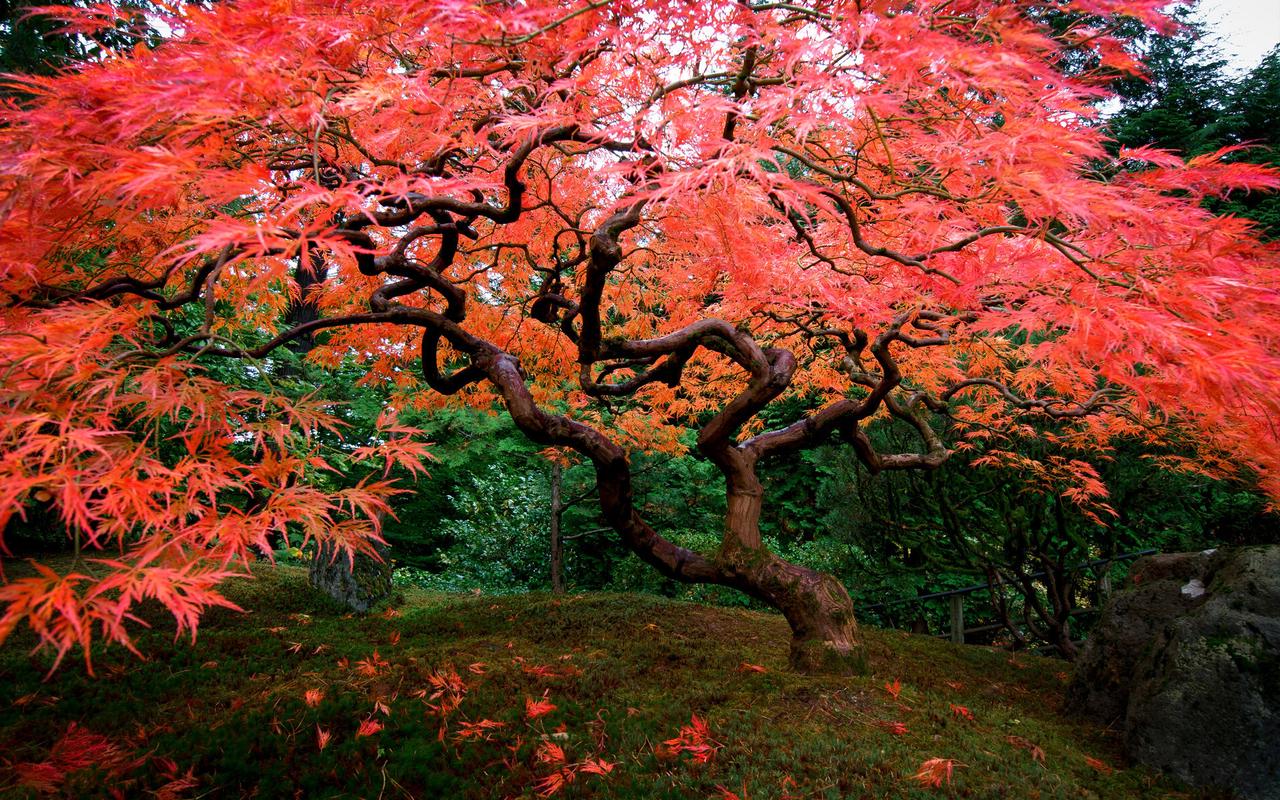Breaking Stereotypes: Understanding the Diversity of South Korea’s Cultural Norms
As globalization continues to blur cultural boundaries around the world, it is becoming increasingly vital to understand the unique cultural norms of each society. South Korea is one such country with a rich cultural heritage, which is often misunderstood, especially by the Western world. Many stereotypes like “Koreans are insular” or “Korean culture is all about K-pop, technology, and beauty” have been attached to the country, which is far from the reality. This article will delve deeper into the diverseness of South Korea’s cultural norms and understand how they have evolved over time.
Cultural Diversity in South Korea
The Korean peninsula has a rich history of more than 5,000 years, which has contributed to its diverse cultural identity. Confucianism and Shamanism were the major philosophical and religious influences that shaped the Korean culture. As a result, respect, hierarchy, and collectivism are highly valued in Korean society. However, the younger generation, influenced by global pop culture, is becoming more individualistic in their values.
Cultural Norms in South Korea
South Korean culture is diverse in every sense, be it language, food, dress, or social etiquette. Korean is the official language of South Korea, and Hangul is the alphabet used to write the language. Korean cuisine is famous for its spicy, sour, and fermented flavors and uses ingredients such as rice, beef, pork, vegetables, and seafood. Korean traditional dress, known as Hanbok, is elegant attire, making use of bright colors and intricate patterns, worn on special occasions.
One of the most significant cultural norms in South Korea is respect, especially towards elders. People use formal titles to address anyone older than them. The hierarchical structure is essential in organizations and society, with superiors receiving a lot of respect and loyalty. Koreans are also quite collectivistic, giving importance to group harmony, and tend to avoid confrontation in social situations.
Breaking the Stereotypes
South Korea has made strides in the last few decades, and stereotypes no longer fit the reality. K-pop, technology, beauty, and some other aspects have indeed put South Korea in the spotlight globally. However, there is much more to South Korea’s diverse cultural norms and practices that are worth exploring. There are just as many individuals interested in politics, art, history, and literature as there are in K-pop.
In conclusion, South Korea’s unique cultural norms and practices are an essential part of its identity and should not be stereotyped or misunderstood. With increasing globalization, it is becoming imperative to learn about diverse cultures and their norms to create a more inclusive and tolerant environment worldwide. South Korea offers a fascinating and diverse culture, and we must learn to embrace it fully.
(Note: Do you have knowledge or insights to share? Unlock new opportunities and expand your reach by joining our authors team. Click Registration to join us and share your expertise with our readers.)
